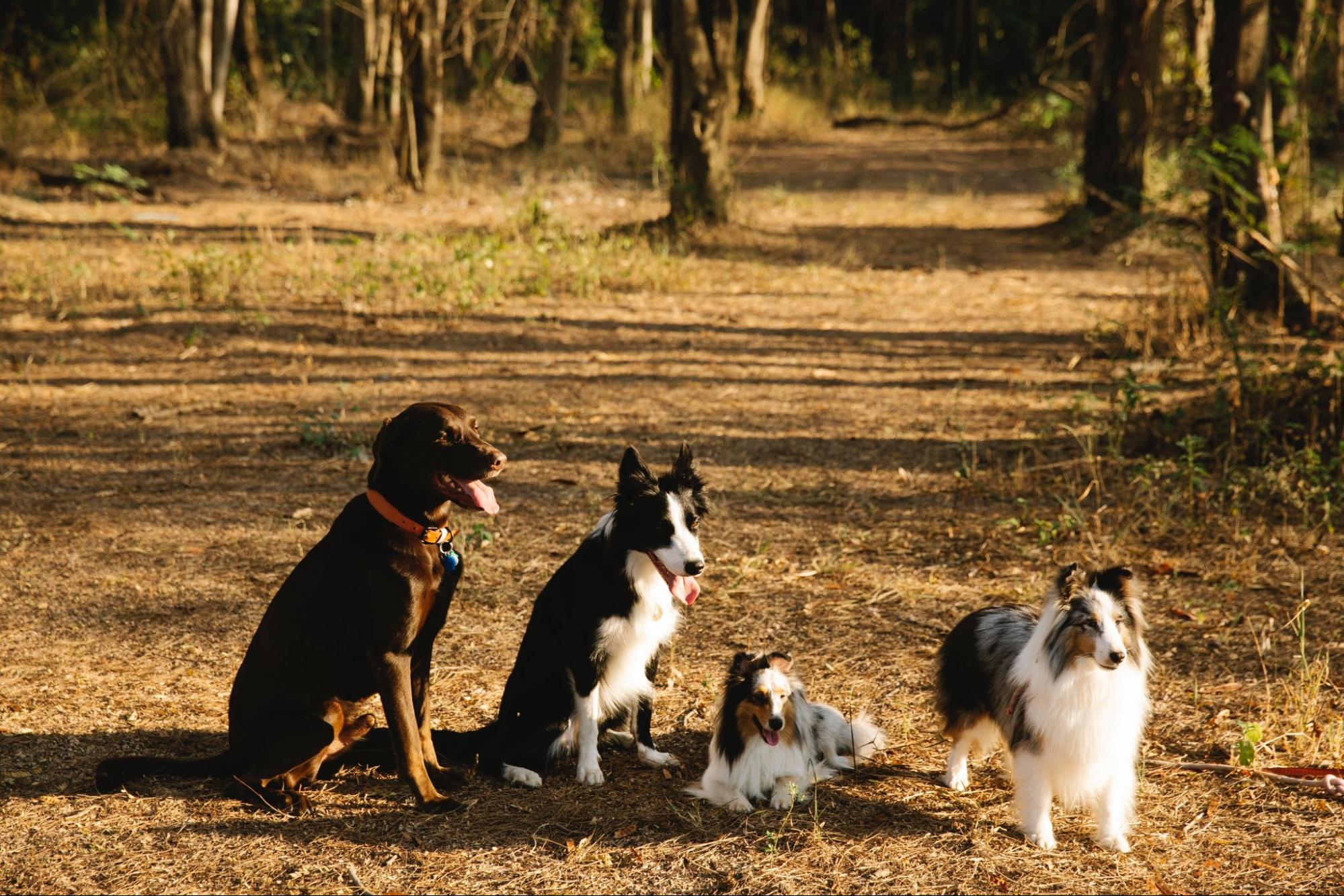How To Stop My Dog Barking When Out Walking
One possible reason for your Labrador’s excessive barking could be an excess of energy. Labradors are known for being energetic and active dogs, so it’s important to ensure they get enough exercise before heading out for a walk. Consider incorporating regular play sessions or engaging in activities like fetch to tire them out beforehand.
Another solution is to provide proper training and socialisation for your Labrador. Teaching them commands such as “quiet” or “leave it” can help redirect their attention away from triggers that may cause excessive barking. Gradually exposing them to different environments, people, and other animals can also help reduce their tendency to bark without reason.
Remember, consistency is key when addressing any behavioural issue. Stay patient and persistent in implementing these solutions, and don’t hesitate to seek professional guidance if needed. With time and effort, you’ll be able to enjoy peaceful walks with your beloved Labrador companion.
So there you have it – some potential solutions for stopping your Labrador from barking excessively while out walking. Give these tips a try and see what works best for your furry friend. Happy walking!

Understanding the Reasons Behind Barking
Barking is a natural behaviour for dogs, including Labradors. However, excessive barking can be disruptive and frustrating, especially when out walking. To effectively address this issue, it’s important to understand the reasons behind your Labrador’s barking. Here are some key factors to consider:
- Territorial Protection: Labradors are known for their loyalty and protective nature. When out on walks, they may bark as a way of guarding their territory or signalling perceived threats.
- Fear or Anxiety: Like humans, dogs can experience fear and anxiety in certain situations. Your Labrador may bark excessively when feeling scared or overwhelmed by unfamiliar surroundings, loud noises, or other dogs.
- Lack of Socialisation: Insufficient exposure to different environments and social interactions during puppyhood can contribute to barking issues later in life. Labradors that haven’t been properly socialised may perceive harmless stimuli as threatening and respond with excessive barking.
- Excitement or Playfulness: Labradors are energetic and playful by nature. They may bark out of excitement when anticipating enjoyable activities such as walks or playtime.
- Attention-Seeking Behavior: Some Labradors learn that barking elicits attention from their owners or passersby. They might resort to excessive barking as a means of getting noticed or gaining interaction.
- Medical Issues: In rare cases, underlying medical conditions like pain or discomfort could cause your Labrador to exhibit excessive vocalisation while on walks.
Understanding these reasons behind your dog’s barking is crucial for implementing appropriate training techniques tailored to your Labrador’s specific needs and behaviors.
Remember that patience and consistency are key when addressing excessive barking in Labradors during walks. Identifying which factor(s) contribute most prominently to your dog’s behaviour will help you choose the most effective strategies for managing their barking and promoting a more peaceful walking experience for both you and your furry friend.